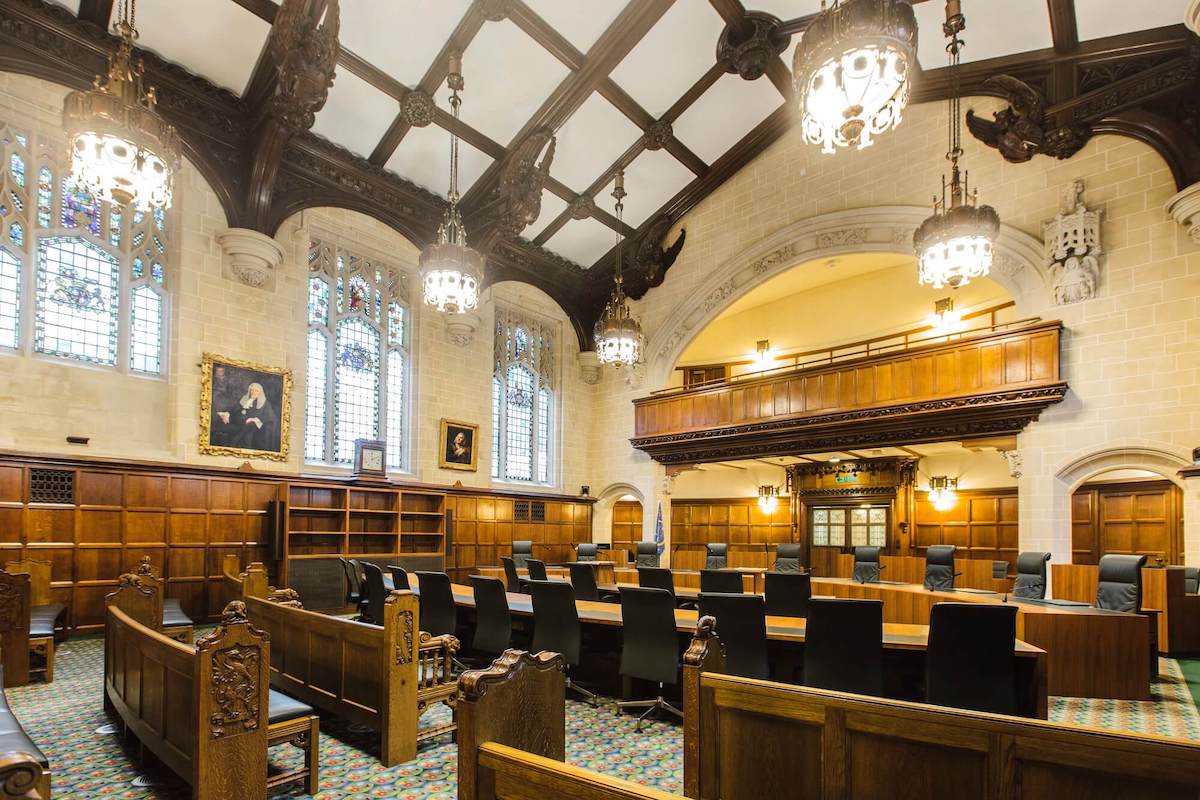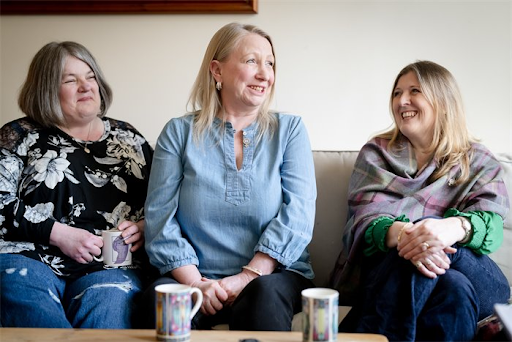Sex matters at the Supreme Court!

An important legal case will be heard in the UK Supreme Court this week (on Tuesday 26th and Wednesday 27th November) about the meaning of woman (and man) in the Equality Act.
This is the third round in an ongoing legal fight by the campaign group For Women Scotland to establish that sex in the Equality Act means sex. Sex Matters is also intervening.
“If the Supreme Court sides with us, that’s fine. If they don’t, it’s a headache for Westminster. If we lose, then it means that sex in the Equality Act isn’t really definable. It’s meaningless, essentially.”
Susan Smith, For Women Scotland
What is it all about?
The case began in 2018 when the Scottish government passed a law with the stated aim of increasing female representation on public boards in Scotland. It took as its definition of “woman” anyone who identifies as a woman. For Women Scotland challenged this in court and won.
But then the Scottish government replaced this with guidance that suggested the definition of a woman in the Equality Act 2010 is not just a person born female but is also changed “for all purposes” by the Gender Recognition Act. This would mean that “woman” includes men who have obtained a gender-recognition certificate (GRC), and excludes women who identify as men and have got a GRC.
For Women Scotland went to court again to challenge that definition. The appeal court in Scotland ruled against them and for the Scottish government. So now it is the turn of the Supreme Court to hear the appeal.

What is at stake?
The stakes are high. The decision is pivotal for women’s rights, freedom of expression and sound government in the UK. This case will change the course of history.
If the Supreme Court agrees with For Women Scotland that sex retains its ordinary meaning, this will give a hugely powerful legal signal that policy makers and organisations need to recognise that sex is real: women and men are two clearly separate groups with interests and needs that are not always the same. Or it might rule that the law is such a mess that Parliament should sort it out. Or it might agree with the Scottish government that “sex” in the Equality Act really is just a piece of paper.
Whatever the outcome, we are not just stopping there.
What does Sex Matters’ intervention say?
Sex Matters was given permission to intervene making both written and oral submissions. That means the court decided we had something important and useful to add. Our submissions make complementary arguments to those made by For Women Scotland. The Equality and Human Rights Commission, a coalition of lesbian groups and Amnesty International have also been given permission to intervene. Sex Matters is the only civil-society organisation invited to make oral submissions.
Our written submission argues that the correct statutory interpretation of the law is that section 9(1) of the Gender Recognition Act which says a GRC changes a person’s sex for “all [legal] purposes” does not apply to the Equality Act, the main purpose of which is to protect people against discrimination. This is because sex discrimination is not something that happens to people because they have a certificate but because they are (or at least are perceived to be or are associated with) being male or female. The alternative interpretation of the Equality Act, which views sex as being a purely administrative matter, not tied to bodies, creates nonsensical and illogical outcomes.
Understanding the case
A briefing on our intervention
Submissions of the parties
- For Women Scotland’s legal argument
- The Scottish Government’s legal argument
- Sex Matters’ intervention
- The Equality and Human Rights Commission’s intervention
- Scottish Lesbians/Lesbian Project/LGB Alliance
- Amnesty International UK’s intervention
Briefings and legal analysis
Legal Feminist has collected the briefings and legal analysis to read before the hearing. Here is our selection:
Naomi Cunningham:
Murray Blackburn Mackenzie:
- For Women Scotland vs the Scottish Ministers: making the arguments transparent
- Briefing note: For Women Scotland vs the Scottish Ministers, UK Supreme Court
Dr Michael Foran:
- UK Supreme Court to decide “What is a woman?”: A detailed look at the arguments
- What is a woman? The Scottish Government’s case
- Can the meaning of “sex” in the Equality Act vary depending on context?
- On Defining Sex in Law by Michael P. Foran
Dr Claire Methven O’Brien:
Watching the case
The hearing at the Supreme Court is open to the public but there are limited seats (about 70 spaces). There will also be overflow rooms with a screen set up.
You can watch the case online on the Supreme Court’s YouTube channel (you don’t need to log in or watch in real time). Both days start at 10.30am.
- Day 1: For Women Scotland and Sex Matters
- Day 2: Scottish Government and EHRC
Tribunal Tweets will be live tweeting.
How can I support the case?
Bringing these cases takes a lot of money and hard work behind the scenes.
For Women Scotland’s crowdfunder still needs a bit more funding to reach its stretch target
If you would like to support our legal intervention please donate here (the form may take a few moments to load):
(Any funds remaining after this case will be used to fund other suitable legal cases.)
